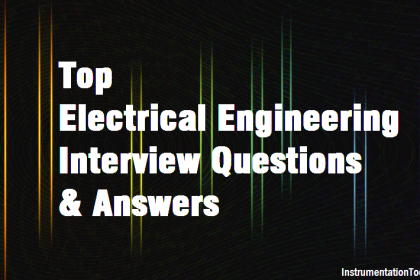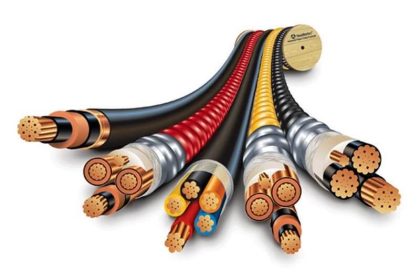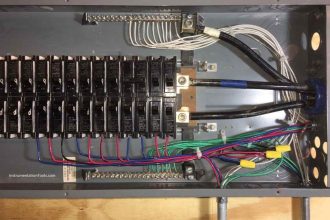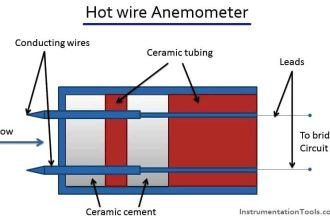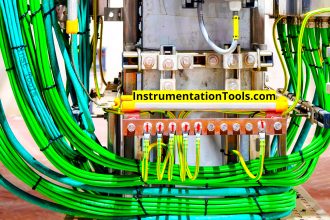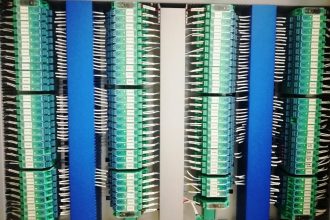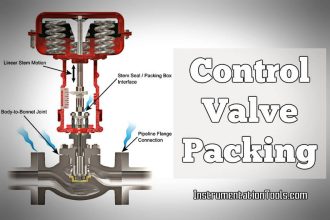High Voltage (HV) Interview Questions Answers
Why Earth Wire is provided in the overhead transmisssion lines?
Earth wire is provided above the overhead transmission lines for protection against lightning strokes. The ground wire or earth wire protects the phase conductors or line conductors by attracting itself the lightning strokes which in its absence would strike the phase conductors. Also the ground wire reduces the voltage electrostatically or electromagnetically induced in the conductors by the discharge of a neighboring cloud. It also provides the additional protective effect by causing the attenuation of traveling waves set in the lines by acting a short circuit secondary of the line current.
What is meant by protective angle? Give its value for reliable operation?
Protective angle is the vertical angle through the ground wire axis and the line passing from the ground wire axis to the outermost phase conductor. Its value for reliable protection is taken equal to 20-30 degrees.
What is the difference between the lightning arrester and surge absorber?
Lightning arrester limits the duration and amplitude of the follow current while a surge absorber reduces the steepness of the wave front for a particular surge.
What is meant by Lightning arrester or surge diverter?
A Surge Diverter is a device that is connected between line and earth, i.e, in parallel with the equipment under protection at the substation. It limits the duration and amplitude of the follow current.
What is meant by impulse ratio of any lightning arrester?
Impulse ratio of any lightning arrester is the ratio of breakdown voltage of the wave of special duration to breakdown voltage of a 50Hz wave.
What is meant by voltage surge?
Voltage surge is sudden excessive rise in voltage that may be dangerous to the electrical equipment of an installation. Voltage surge cause damage to insulation of the system. Voltage surges are caused because of lightning, switching on and off the load at high voltages.
How standard lightning impulse wave is represented?
Standard Lighting impulse wave is represented by 1.2/50 micro sec wave
Power System Stability Interview Questions Answers
Define Infinite Bus in a Power System?
Infinite bus has constant voltage, constant electrical angle of the voltage, constant frequency, infinite fault level and therefore the quantities of the infinite bus do not get affected by connecting or disconnecting of individual generator or transmission line.
Define Load angle of the generator?
Angle between rotor pole axis and stator rotating field axis (which is rotating at synchronous speed) is called load angle. It is expressed in electrical degrees or electrical radians.
How steady state stability limit of a system can be improved?
Steady state stability of the system can be increased by either increasing the excitation of machine or group of machines, by reducing the transfer reactance.
How transient stability limit can be increased?
Transient stability limit can be increased by:
- Increasing the system voltage
- By reduction in the transfer reactance
- By using high speed circuit breakers
- Automatic reclosing
- Single pole switching
- Turbine fast valving
Distinguish between steady state stability and transient stability?
Steady state stability refers to the conditions of the stability response to small and gradual changes of the load while transient stability corresponds to conditions of the stability in response to large sudden disturbances. A sudden large disturbances includes occurrence of faults in the system and clearing of faults, sudden load changes, in advent tripping of transmission lines or generators from the power system.
On what basis can we conclude that synchronous generator goes out of stability?
If the power angle exceeds the critical angle of the load, synchronous machine goes out of stability
